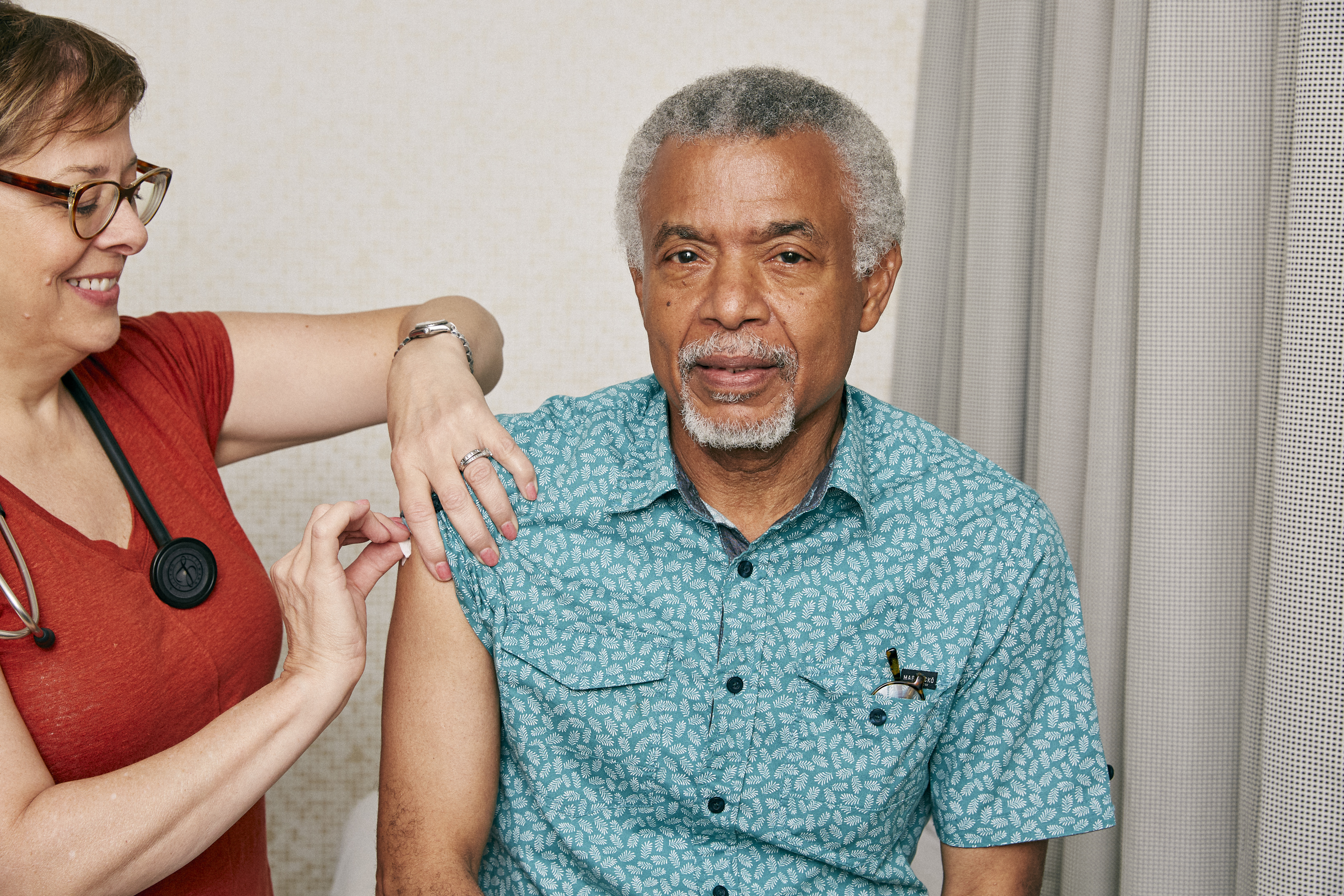News release
From:
1. Immunology: COVID-19 vaccination helps protect unvaccinated people
Higher levels of vaccination against COVID-19 were associated with lower rates of infection with SARS-CoV-2 among a group of unvaccinated people of 16 years of age and under, reports a study in Nature Medicine. The findings, based on an analysis of vaccination records and test results from 177 geographically distinct communities in Israel from 6 December 2020 to 9 March 2021, demonstrate that vaccination against COVID-19 helps to protect those who have and have not been vaccinated.
Clinical trials and vaccination campaigns have shown that the Pfizer–BioNTech vaccine against COVID-19 is highly effective at preventing infection and disease at the individual and community levels. However, it has been suggested that vaccination could also increase transmission due to changes in human behavior. For example, those who have been vaccinated might be less mindful of social distancing or may not quarantine after coming into contact with a person with COVID-19.
The vaccination rollout in Israel began on 19 December 2020 and administered the first dose of the vaccine to almost 50% of the population within 9 weeks. To determine whether vaccination reduces the transmission of SARS-CoV-2 among unvaccinated people at the population level, Roy Kishony, Tal Patalon and colleagues focused their attention on 177 geographically distinct communities, which had varying vaccination rates (amounting to a total of 1.37 million first-dose recipients of the Pfizer-BioNTech vaccine), and a cohort of unvaccinated people under 16 years of age for whom the vaccine was not yet available. The authors assessed changes in the number of positive tests for COVID-19 within each community between fixed time intervals. They found that, on average, for each 20% increase in the number of vaccinated people in a given population, the number of positive SARS-CoV-2 tests in the unvaccinated population in the same community decreased approximately two fold.
The authors caution that their findings do not take into account the possibility of naturally acquired immunity to SARS-CoV-2. They conclude that, although the observed vaccine-associated protection of the unvaccinated population is encouraging, further studies are needed to understand whether and how vaccination campaigns might support the prospect of herd immunity and disease eradication.



 International
International



